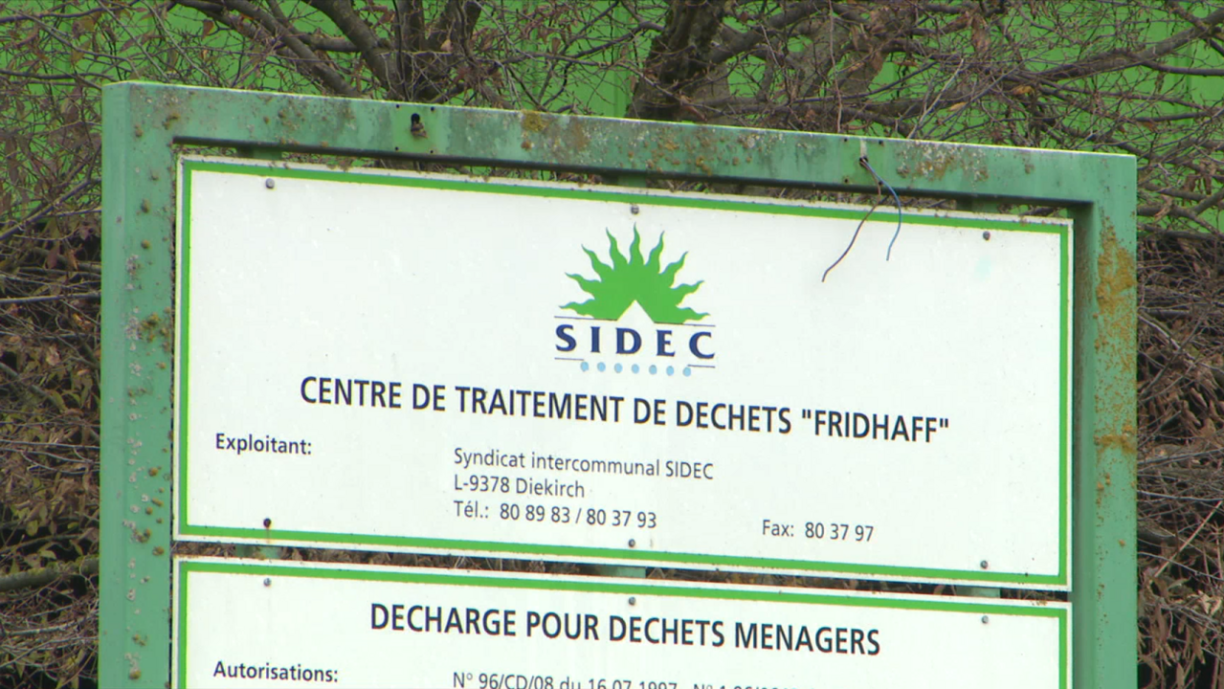
Since 1 July, citizens from 44 Sidec municipalities have had to pay €137.6 instead of €86 in order to empty a 60 litre bin. For a volume of 360 litres, that means paying €531.2 instead of €332. The deposit on empties has become more expensive too, increasing from €1.73 to €2.77, or from 6.68 to 10.69 euros. These huge increases are due to inflation, according to the municipal syndicate.
The electricity prices have increased the most. Electricity bills have risen over three years, but the former price of €300,000 has now hit around €1.3 million. Electricity is needed for the separation of waste, and the collection of waste has become more expensive too. On the one hand prices have increased because of the inflation of fuel, and on the other hand Sidec’s employees’ salaries have increased as well because of the above-stated inflation rates, as is confirmed by Peggy Zeimes, engineer-director of Sidec.
Furthermore, Zeimes underlines that prices have not been adapted since 2015. The company waited until the very last minute to sign the new electricity contract, but the prices still didn’t drop. Although a number of ministries were contacted, they did not support the company as they supported other businesses and private homes. Sidec recommended to other communes how tariffs should be adapted, yet because of each municipality’s autonomy they weren’t obligated to do so.
30,000 tonnes of waste per year
Erpeldange-sur-Sûre opted for another possibility. There, the increase in price for the big waste bins is greater than for the smaller ones. A 360 litre bin is worth €666 after 1 July, whereas a 60 litre bin is “only” €111. The deposit for a small bin costs €2.25, for a 360 litre bin it amounts to €13.48. Thus, the intention is to praise those who produce less waste. Sidec didn’t want to participate in the scheme because they didn’t want to neglect families with many children.
Sidec consists of 45 communes, split into four zones that are covered by two companies. More that 140,000 people live on the territory. In the past years about 30,000 tonnes of waste were collected solely from the grey bins. Pieces of waste that are bigger than 15 centimetres are burned on the Fridhaff site, the rest is brought to the “Syndicat Intercommunal pour la gestion des déchets ménagers, encombrants et assimilés en provenance des communes de la région de Grevenmacher, Remich et Echternach“ tip, also called Sigre. This year there could potentially “only” be 27,000 tonnes of rubbish, since people separate their waste more effectively nowadays.
In terms of money, the possibility that municipalities will be cited to deliver a capital contribution. Theoretically, there should be ressource centre (formerly known as recycling centre) for every 10,000 to 15,000 inhabitants, although that is not the case just yet. Two resource centres are planned. In addition, from 2030 onwards it will be prohibited to store residual waste at rubbish tips.